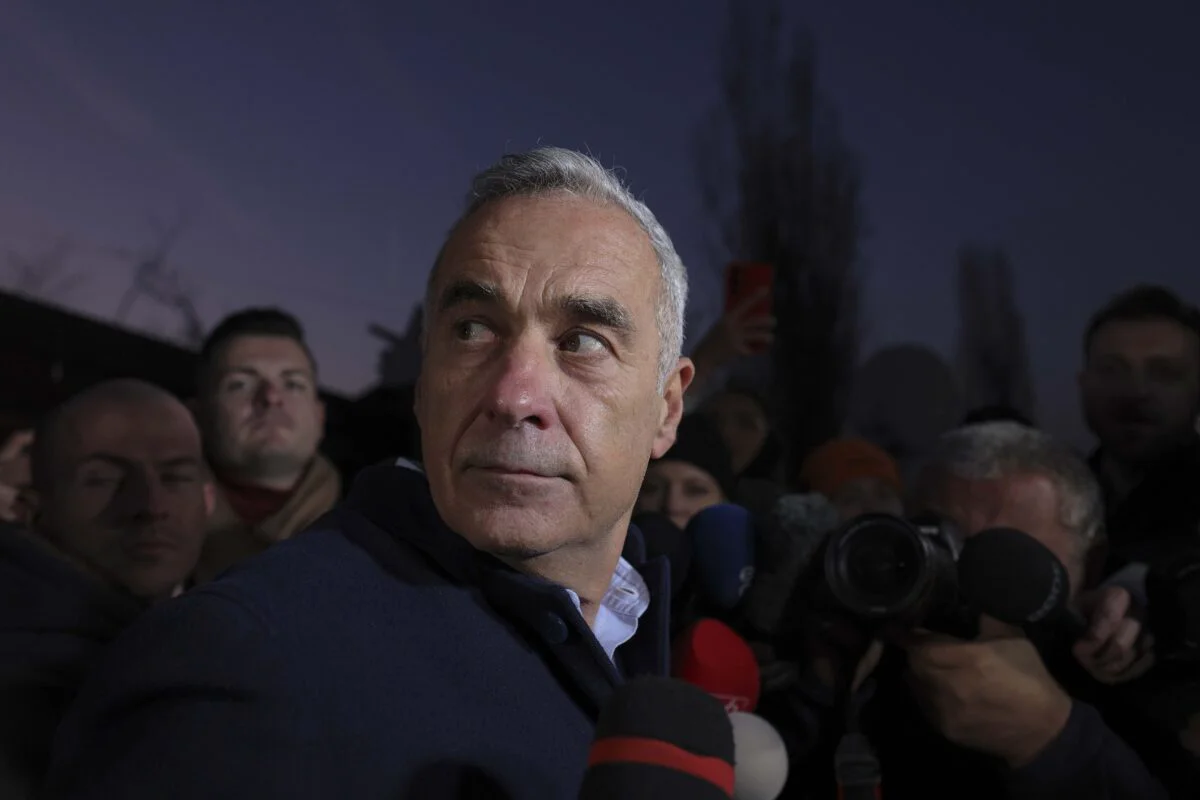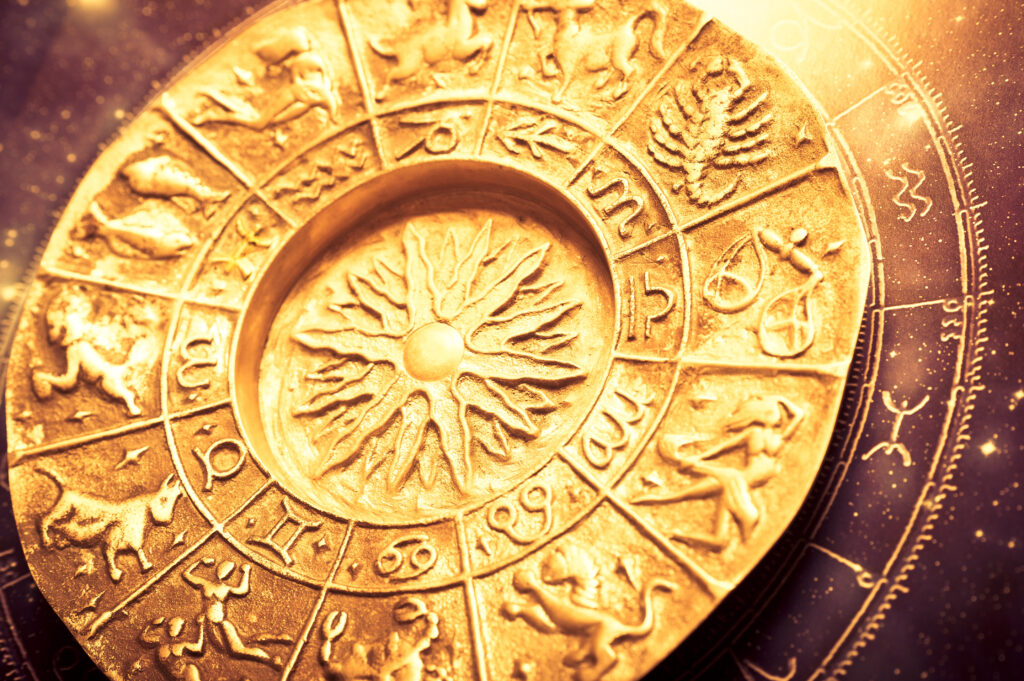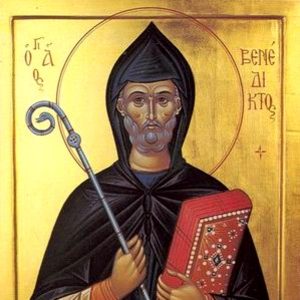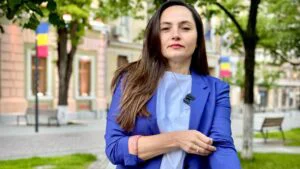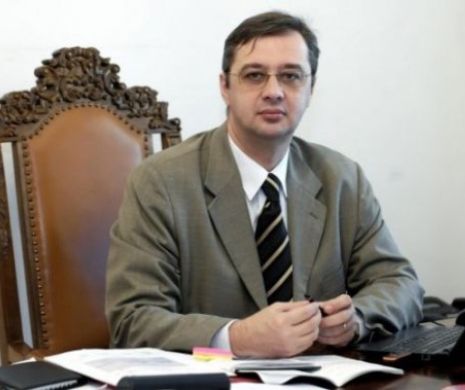
Exasperați de lipsa de opoziție și de dominația complete a vieții publice de către autorități, în Rusia lui Putin, grupuri de protestatari au lansat o nouă modă, cea a mormintelor lui Putin, mai exact a unor false pietre funerare care marchează spații publice în forma unor morminte care anunță sfârșitul vieții politice a președintelui rus. Pe pietre funerare clasice este pusă poza lui Vladimir Putin, numele său complet cu patronym, data nașterii și anul morții, 2019.
Moda a apărut în luma martie, după apariția legilor de naționalizare a internatului, respective de control total a serverelor din Rusia și a conținutului afferent, potrivit legilor ruse. Primele proteste au vizat libertatea internetului, pentru ca ulterior moda să se extindă în cel puțin
Russian activist jailed after setting up Putin's fake gravestone
A court in Russia has sentenced a man to 28 days in jail for creating a fake gravestone of President Vladimir Putin.
Activist Karim Yamadayev was sentenced on Tuesday in the city of Naberezhnye Chelny for a repeat violation of the law on holding public events.
He said he was protesting against a bill on Russia's "sovereign internet", saying it threatened freedom of speech.
On Wednesday, Russia passed two bills penalising disrespect of authorities and the spreading of fake news.
The first ban refers to "blatant disrespect" of the state, its officials and Russian society, and repeat offenders face up to 15 days in jail.
The second bill prohibits sharing "false information of public interest, shared under the guise of fake news".
Journalists, human rights campaigners and even Russian government ministers have voiced their opposition, with some speaking of a new "Iron Curtain" on the internet being put up by Russia.
Under President Putin the Russian state has taken control of the major TV channels and other mainstream media, so opposition voices are mainly confined to social media.
What happened in Naberezhnye Chelny's court?
The court in the central city found Karim Yamadayev guilty of a second violation of the law regulating the staging of public events in Russia.
The court mentioned that in January he had been prosecuted for setting up an improvised monument to the victims of political repressions in Russia.
Karim Yamadayev denied all the accusations. His lawyer said Russia's constitution guaranteed freedom of speech to every citizen.
On Tuesday, another man - who had helped him to put up the gravestone - was given a six-day detention by the court.
What about the fake gravestone?
It was set up on 10 March near the building housing the city's investigative committee.
The black gravestone had a picture of President Putin and years of life 1952-2019.
Russian opposition leader Alexey Navalny tweeted the picture of the gravestone, saying: "The dude, who made 'Putin's gravestone' has been given a 28-day detention.
"The installation, in my opinion, is absolutely idiotic, but Russian laws do not penalise for stupid jokes. The arrest of this person is a crime. Real lawlessness."
Mock Putin Gravestone Lands Two Russian Activists In Jail
NABEREZHNYE CHELNY, Russia -- A Russian court has sentenced two activists for putting up a mock gravestone for President Vladimir Putin.
Karim Yamadayev was sentenced to 28 days in jail and Nikolai Peresedov, 32, was sentenced to six days in jail at hearings on March 12.
Yamadayev was arrested on March 10 after the activists installed what looked like a granite slab bearing Putin's photo, full name, and the dates 1952-2019 in front of the main investigative agency's offices in Naberezhnye Chelny, a city in the Republic of Tatarstan.
Putin was born in 1952.
On March 12, Yamadayev was found guilty of a repeat violation of the law on public gatherings and sentenced to 28 days in jail, his lawyer Ruzil Mingalimov told RFE/RL, adding that the court's ruling will be appealed. The alleged offense was a repeat because Yamadayev, 37, was jailed for eight days in January for an installation devoted to political prisoners and journalists killed for their activities in Russia.
The Naberezhnye Chelny city court told RFE/RL hours later that Peresedov, who was detained on March 11 and tried separately, was found guilty of holding a public event without the authorities' permission, and sentenced to six days in jail
Like plots at many real Russian graves, the marker was surrounded by a low metal barrier.
The mock gravestone installation was supported by activists with a campaign called Bessrochka, a name that could suggest both endless protest or endless time in power -- a reference to two decades of dominance by Putin, who has been president or prime minister since 1999 and started a new six-year term in May 2018.
"Putin buried the free Internet, Naberezhnye Chelny residents buried Putin," Bessrochka activists said in posts on social networks.
The mock grave was installed as protests were held in several cities across Russia against legislation that critics contend is part of a Kremlin effort to reduce Internet freedom and stifle dissent.
In Russian Cities, Mock Gravestones Are Sounding Putin's Death Knell
June 09, 2019 13:00 GMT
Yet another mock gravestone bearing the name and image of President Vladimir Putin has appeared in Russia -- this time in the southwestern city of Voronezh.
"Incredible thief and liar. Political corpse," read the accompanying text featuring Putin's surname, initials, and birth year, and listing 2019 as the year of death.
Images of the installation appeared on June 5 on the Twitter account of Agit Rossia, a group that calls itself a "federal channel of agitation, news, and street protests in Russia." A subsequent post by the group attributed the pictures to an anonymous sender.
It was far from the first such stunt in recent weeks. Since March, mock gravestones with Putin's face have been spotted in at least eight cities, part of what seems a coordinated protest campaign.
The first appeared in the city of Naberezhnye Chelny, in Tatarstan, on March 10. Two activists were subsequently detained for alleged involvement.
Soon after that a mock gravestone emerged in Moscow, and a third in Berlin. On April 3, activists placed one opposite the famed St. Isaac's Cathedral in St. Petersburg, garnering widespread attention.
Agit Rossia has taken responsibility for at least some of the gravestones. In an interview with Meduza in April, spokesman Grigory Kudryavtsev said the group was created to "fill a niche" left behind by the lack of street protests in Russia.
"The movement is a community of people of different ages and political views. They're united by a common desire to fight against dictatorship and totalitarianism, and Putinist propaganda," he told the news website.
Kudryavtsev explained that Agit Rossia activists prefer to remain anonymous and most are not acquainted.
Perhaps the movement's most brazen protest action came in December 2018, when activists stuck up posters across the subway system in St. Petersburg depicting Putin and Prime Minister Dmitry Medvedev in Christmas hats offering New Year's greetings. "Our gift to you is a rise in prices, a rise in utility bills, a rise in gas prices, a raising of the retirement age," the posters read, alluding to some of the most controversial policies introduced by the Russian government in recent months.
The Kremlin has introduced a number of laws over the past year aimed at raising the cost of dissent, but it is unclear what the official reaction, if any, to the Putin headstones might be.
In March, users of VK, Russia's Facebook equivalent, reported that the social-media platform was removing images of the mock gravestones from its pages.
A spokesperson for VK told Meduza at the time that the images were being removed because the website had received complaints they were "deceiving" some users. The origins of the complaints were unclear.
The trend comes at a time when the approval rating of Putin and his government is slipping, and the proportion of Russians who profess a willingness to protest appears to be on the rise.
And it's not just Putin who is being targeted. In some places, it's the ideals and principles that his opponents claim he's placed in jeopardy.
In Yekaterinburg, overnight from June 4 to 5, journalists from the local news outlet 66.ru teamed up with artist Romoi INK to paint three very different gravestones onto walls across the city.
One "buried" freedom of religion, listing as the year of "death" 2013, when Putin signed legislation that bans language that offends the feelings of believers. The second gravestone rang a death knoll for freedom of assembly, citing 2012, when restrictions on protest were introduced.
And the third bade farewell to freedom of expression -- 2019 brought laws mandating punishment for disseminating "fake news" and language expressing disrespect toward public officials, state organs, and symbols
